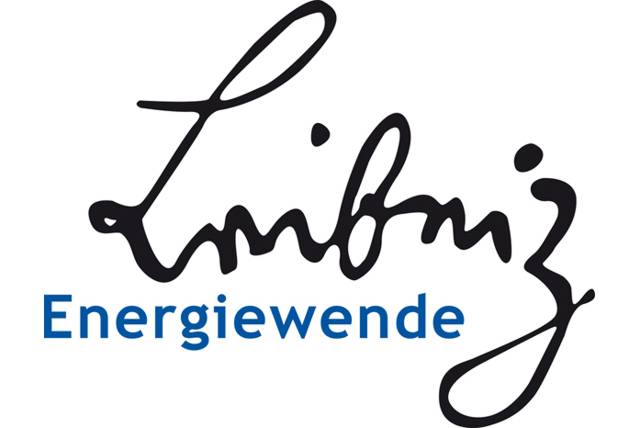Research Network on Energy Transitions: Bridging Disciplines to Address Core Challenges to Germany's Energiewende (ReNEW)
IRS Research Topic: Forms and Implications of Spatial Governance Spatial Path Development and Institutional Change
Project Leader within IRS: Dr. Ludger Gailing
Consortium: Social Science Research Center Berlin (Coordination) Leibniz Institute for Research on Society and Space Leibniz Institute for Science and Mathematics Education Leibniz Institute for Plasma Science and Technology
Funding Organization: Leibniz Association
Duration: 01/2017 - 06/2020
The ReNEW project is funded by the Leibniz Association whose funding line "strategic networks" is designed to support research networks such as Leibniz Research Alliances. The purpose of the ReNEW project within the Leibniz Research Alliance "Energy Transitions" (LVE) is to systematize, advance and disseminate knowledge on three core challenges that are currently confronting the Energiewende: centralized versus decentralized systems, public versus private interests, and global versus local effects. It is designed to tackle interdisciplinary research on these core challenges and facilitate knowledge exchange and collaboration so as to become a source of inspiration and guidance for energy research and policy. Moreover, ReNEW aims to train postdoctoral scientists in relevant research skills. The IRS will support the ReNEW project with the coordination of a working group that designs and submits research proposals on public and private interests.


